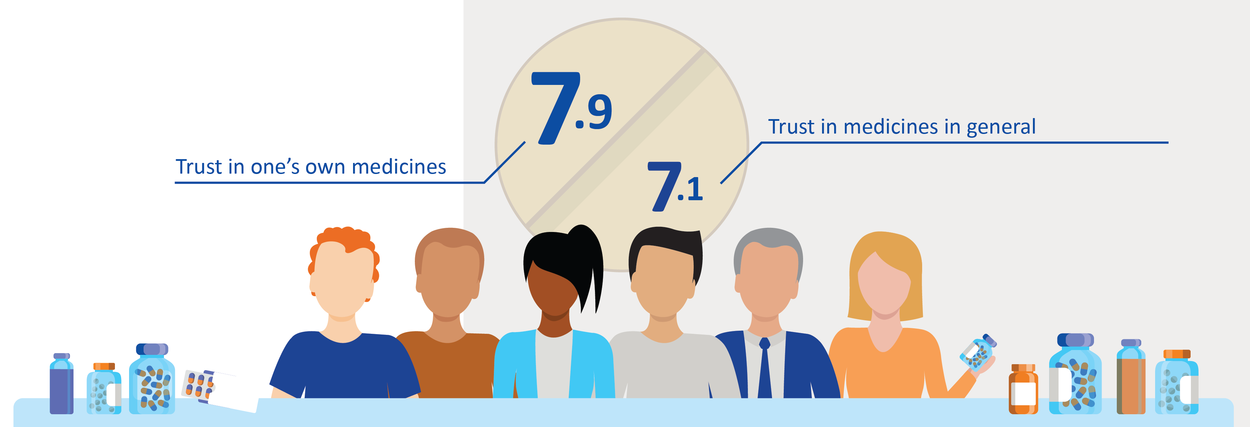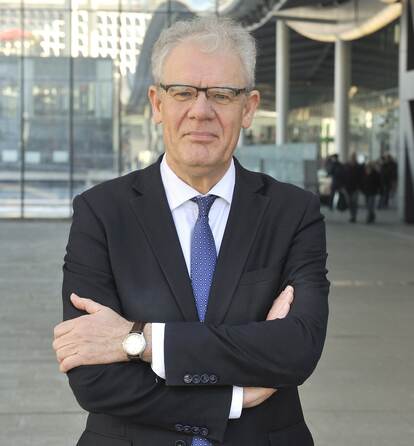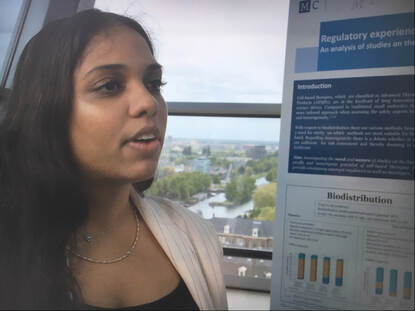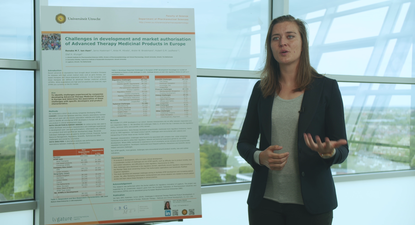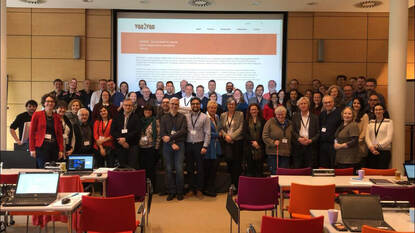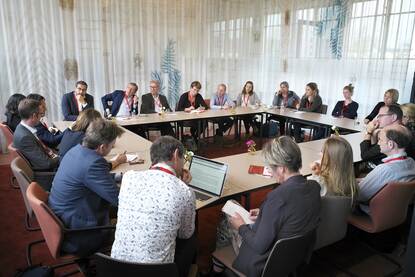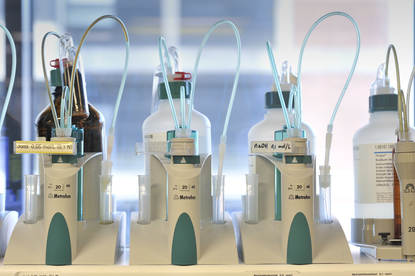There has been quite some media attention about medicines in the past period. News about medicine shortages, recalled contaminated medicines, high prices, and switches between medicines without a medical reason. All these issues might lead to undermined trust in medicines which can have negative consequences for patients’ medication use. As the mission of MEB is that anyone who uses medicines should be able to trust them (‘Good medicines used better’), MEB asked research institute Nivel to investigate the level of trust Dutch citizens have in medicines.
Subsequently, Nivel sent out a questionnaire to 1,500 members of Nivel’s Dutch Health Care Consumer Panel. A panel consisting of 12,000 members aged 18 years and over who regularly receive questionnaires about all kind of topics in health care. A total of 753 members completed the questionnaire about their trust in medicines, trust in sources of information about medicines and trust in the system of medicine supply. They also indicated which aspects influence their trust.
Our study showed that citizens have trust in medicines. They score their trust in medicines in general with the grade 7.1 and they trust their own medicines even more (grade 7.9). Their trust in generic medicines is somewhat lower (6.8). Medicines that can be bought through the internet are trusted the least (4.6).
The top 3 factors that citizens indicate that affect their trust are: the efficacy of medicines, the extent to which they are informed about the medicines by their prescriber or pharmacy, and side effects of the medicines. About a third of citizens indicate that media reports have quite some influence on their trust in medicines.
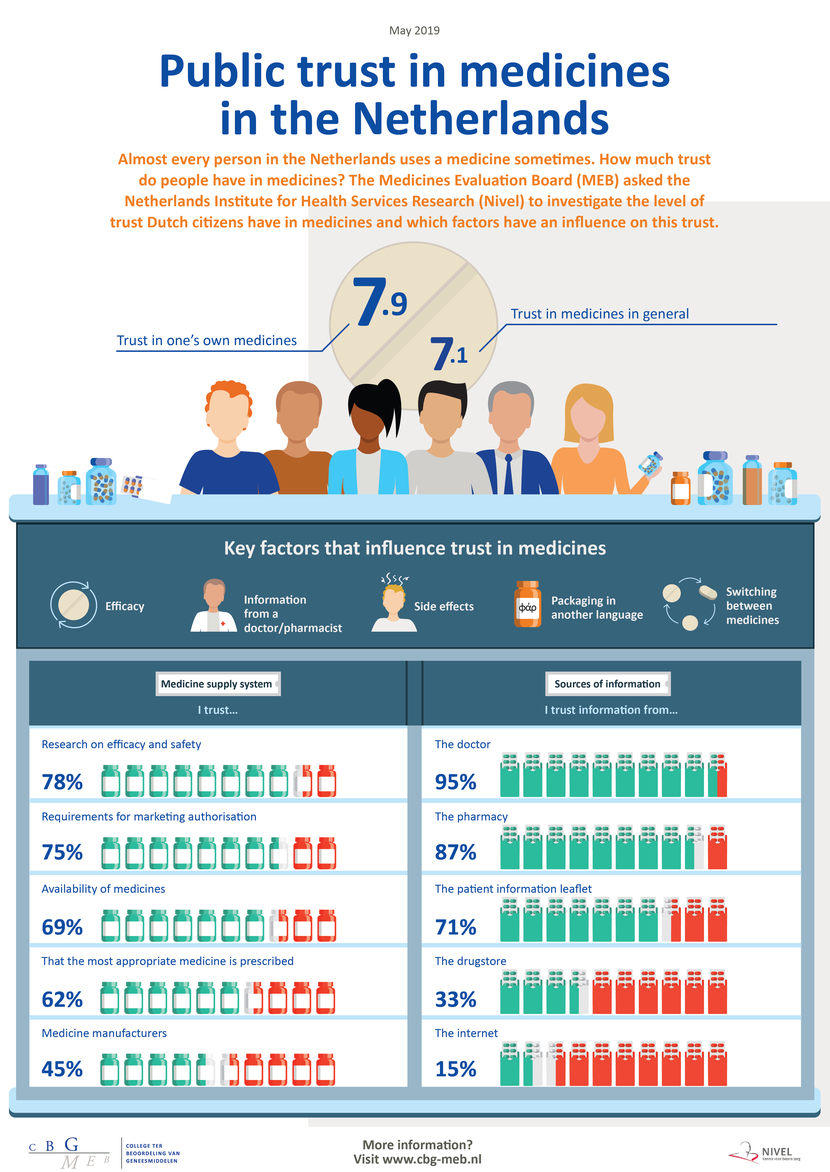
The top 3 factors that citizens indicate that affect their trust are: the efficacy of medicines, the extent to which they are informed about the medicines by their prescriber or pharmacy, and side effects of the medicines. About a third of citizens indicate that media reports have quite some influence on their trust in medicines.
The (supply) system for medicines, and especially the research into efficacy and safety of medicines, the quality of medicines and the market authorisation process of a medicine are largely trusted by about three quarters of citizens. Less trust have citizens in getting prescribed the best medicine for their situation; about a third of citizens indicate they have little trust in this aspect.
Healthcare professionals (prescribers and pharmacists) are the most trusted sources of information about medicines. The package leaflet was indicated as a trusted source by 7 out of 10 citizens. However, internet might have potential as an information source when citizens are being directed to trustworthy websites by their healthcare professionals.
In the upcoming period, the MEB will discuss the results of the Nivel-study with relevant stakeholders to formulate action points to further increase citizens’ trust in medicines.
Want to know more?
The full report of the study (in Dutch) can be found on the MEB website.
